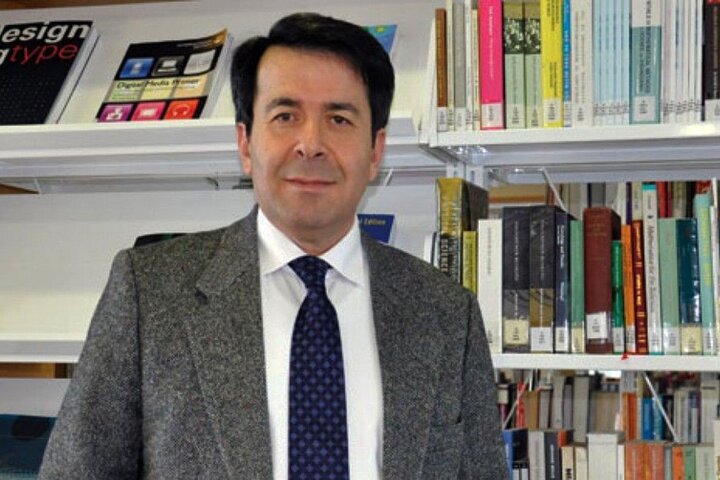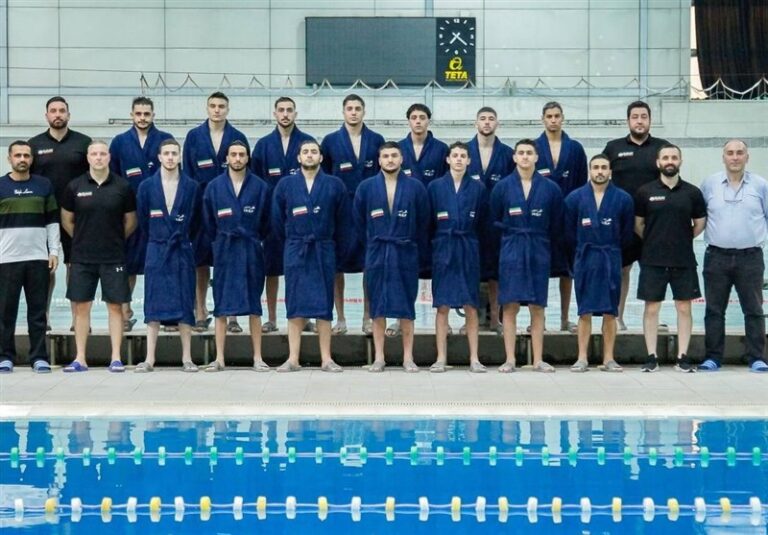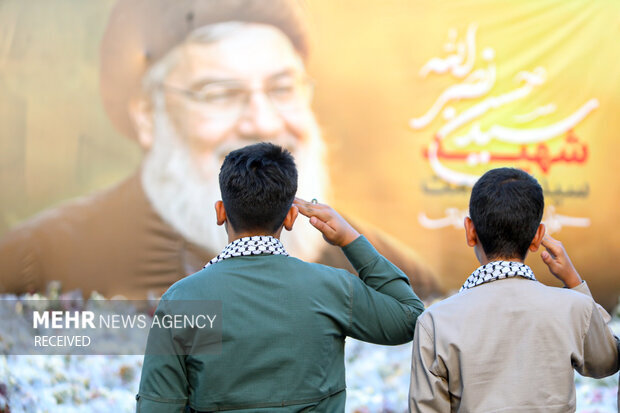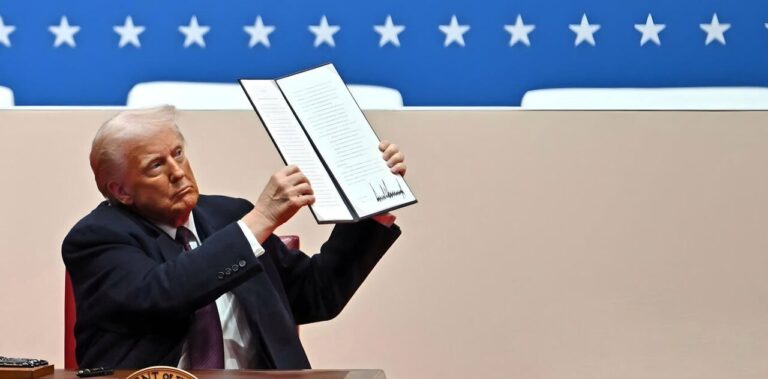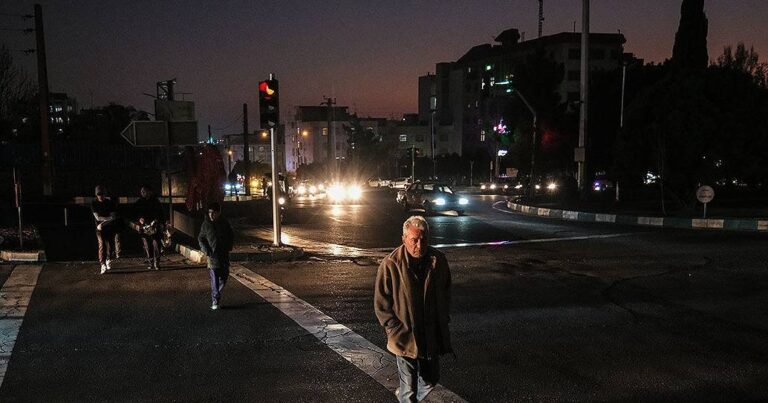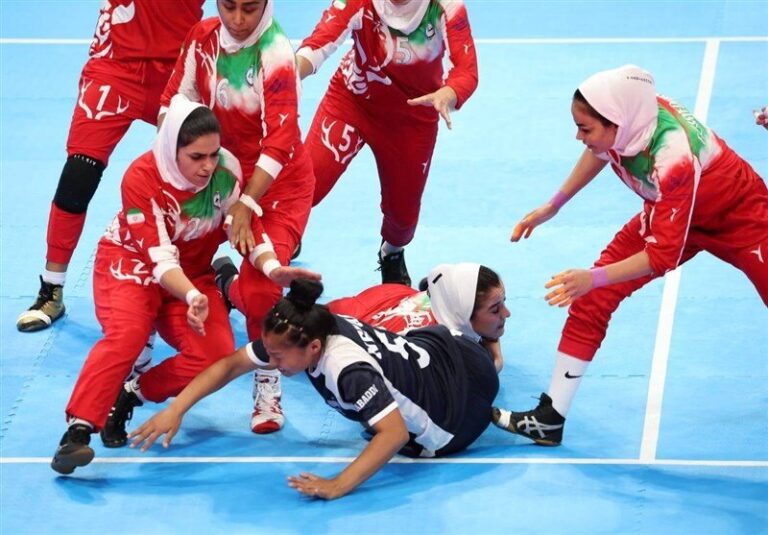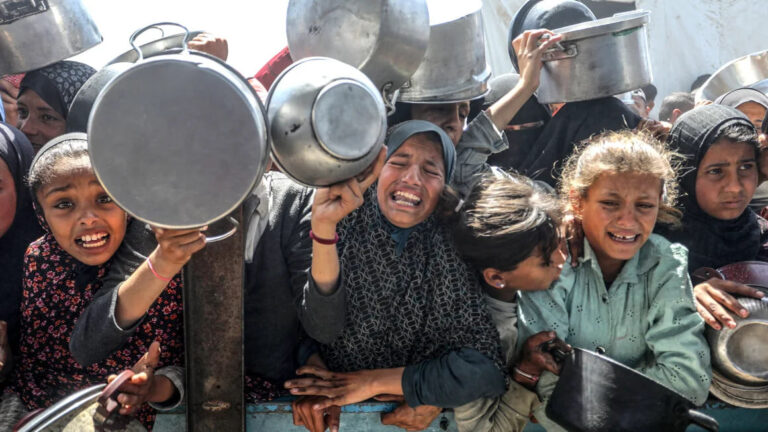US Avoids Meaningful Nuclear Negotiations with Iran: A Call for Honest Dialogue
In the context of a multipolar world, the insights of Hasan Ünal, a Political Science and International Relations Professor at Başkent University in Ankara, shed light on the ongoing challenges surrounding Iran’s nuclear negotiations. Ünal argues that the West has consistently failed to engage in effective and sincere negotiations regarding this critical issue.
Ünal notes that the principle of effective negotiation is almost non-existent for Western countries, particularly the United States. He highlights a pattern where the West has engaged in negotiations and international agreements, yet repeatedly failed to fulfill its commitments. This has led to skepticism about the sincerity of their diplomatic efforts.
With Donald Trump potentially returning to the White House, discussions about renewed negotiations between Tehran and Washington have intensified. These negotiations were initially indirect and culminated in the Joint Comprehensive Plan of Action (JCPOA). However, Trump’s unilateral withdrawal during his first term and the subsequent imposition of harsh sanctions under the “maximum pressure” strategy have raised doubts about the viability of future talks.
To delve deeper into the behavior of Western nations, particularly the United States, regarding negotiations with Iran, a recent interview with Hasan Ünal by Mehr News Agency revealed several key insights. Below are the questions and answers from the interview:
-
Q: Resolving international challenges through negotiation and diplomacy is certainly a right and logical step provided that the other party should be honest in negotiating. The experience of some countries negotiating with the West has resulted in severe losses. The Libyan negotiation during the era of Muammar Gaddafi is an example. What is your analysis of negotiating with the West, especially the new US president?
A: Western countries, particularly the United States, have not been honest in their negotiations with Middle Eastern nations branded as the “Axis of Evil.” The West’s approach has often eroded the potential for resolving challenges through dialogue. This lack of integrity has made Turkey cautious in its dealings with the West. I doubt that the US and its allies will engage in effective or honest negotiations regarding Iran. Countries like Iraq, Syria, and Libya have not escaped political and economic pressures through negotiations.
-
Q: Given that Iran has engaged in negotiations with the West and the United States, yet has faced a lack of genuine commitment from them, how do you assess the situation?
A: The dishonesty of the Western world, particularly the United States, in its negotiations with Iran has been a constant. This trend is likely to persist. The harsh sanctions imposed upon the Iranian people are not surprising, especially in light of how jihadist groups in Syria have been armed and supported for years while facing heavy sanctions. I expect the United States to continue its sanctions against Iran, especially given the current administration’s support for Israel, which will influence US policy towards Tehran.
-
Q: What is the best solution to counter the political pressure from the US and the West against Iran and other countries?
A: I believe that regional cooperation is the most effective solution. Emphasizing a multipolar world can serve as a strong political leverage against Western influence. Additionally, enhancing cooperation between Iran and Turkey could be beneficial. However, there are factions within Turkey that may not view collaboration with Iran favorably. If these groups gain influence in Turkish policymaking, it could lead Ankara to align more closely with the West regarding Tehran, which I hope does not occur.
In conclusion, the insights provided by Hasan Ünal underscore the complexities and challenges inherent in negotiations between Iran and Western nations. The historical context of dishonesty in negotiations and the political pressures surrounding these discussions reveal a landscape fraught with difficulty. Moving forward, the emphasis on regional cooperation and a multipolar approach may offer a pathway to more effective diplomatic relations and mitigate the impact of Western pressure on Iran.
